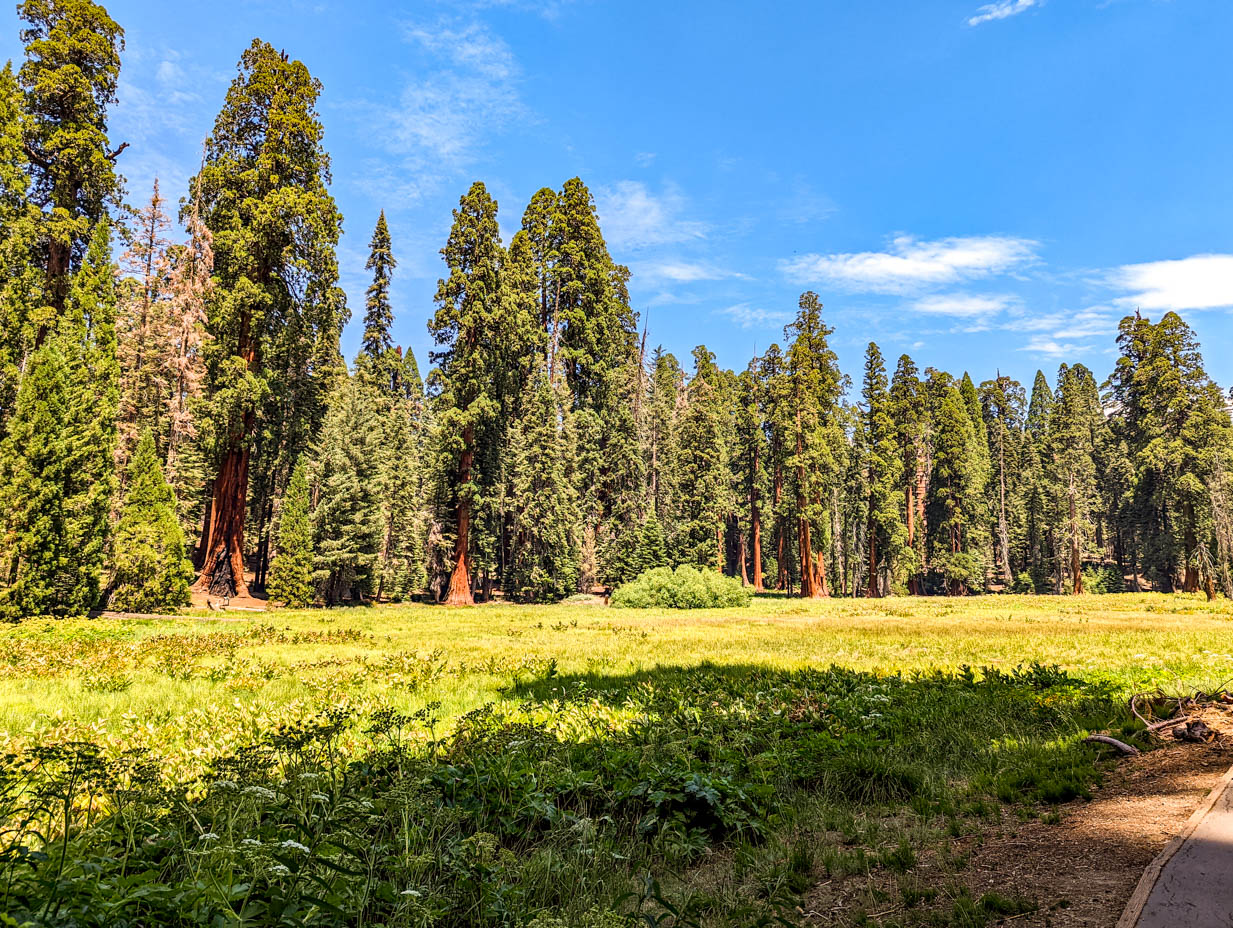

 ©Laura Haverkamp
©Laura Haverkamp
Chapter 31:14-29 (ESV) - And the LORD said to Moses, “Behold, the days approach when you must die. Call Joshua and present yourselves in the tent of meeting, that I may commission him.” And Moses and Joshua went and presented themselves in the tent of meeting. And the LORD appeared in the tent in a pillar of cloud. And the pillar of cloud stood over the entrance of the tent.
And the LORD said to Moses, “Behold, you are about to lie down with your fathers. Then this people will rise and whore after the foreign gods among them in the land that they are entering, and they will forsake me and break my covenant that I have made with them. Then my anger will be kindled against them in that day, and I will forsake them and hide my face from them, and they will be devoured. And many evils and troubles will come upon them, so that they will say in that day, ‘Have not these evils come upon us because our God is not among us?’ And I will surely hide my face in that day because of all the evil that they have done, because they have turned to other gods.
“Now therefore write this song and teach it to the people of Israel. Put it in their mouths, that this song may be a witness for me against the people of Israel. For when I have brought them into the land flowing with milk and honey, which I swore to give to their fathers, and they have eaten and are full and grown fat, they will turn to other gods and serve them, and despise me and break my covenant. And when many evils and troubles have come upon them, this song shall confront them as a witness (for it will live unforgotten in the mouths of their offspring). For I know what they are inclined to do even today, before I have brought them into the land that I swore to give.” So Moses wrote this song the same day and taught it to the people of Israel.
And the LORD commissioned Joshua the son of Nun and said, “Be strong and courageous, for you shall bring the people of Israel into the land that I swore to give them. I will be with you.”
When Moses had finished writing the words of this law in a book to the very end, Moses commanded the Levites who carried the ark of the covenant of the LORD, “Take this Book of the Law and put it by the side of the ark of the covenant of the LORD your God, that it may be there for a witness against you. For I know how rebellious and stubborn you are. Behold, even today while I am yet alive with you, you have been rebellious against the LORD. How much more after my death! Assemble to me all the elders of your tribes and your officers, that I may speak these words in their ears and call heaven and earth to witness against them. For I know that after my death you will surely act corruptly and turn aside from the way that I have commanded you. And in the days to come evil will befall you, because you will do what is evil in the sight of the LORD, provoking him to anger through the work of your hands.”
Question to consider: Why was Moses told to write a song?
I wonder if rabbis still preach that the Law is a witness against us in synagogues today. In his letter to the Galatian church, the apostle Paul warned the Gentile believers not to take on the mark of the Old Testament because in doing so they would be judged according to the entirety of the Law which was stipulated in that covenant, “Look: I, Paul, say to you that if you accept circumcision, Christ will be of no advantage to you. I testify again to every man who accepts circumcision that he is obligated to keep the whole law.” (Galatians 5:2-3)
It is not a coincidence that the LORD commanded Moses to place the Law by the side of the ark of the covenant, for the ark of the covenant was the place where the high priest would offer the blood sacrifice for the people and which contained the “mercy seat”. This book in which Moses renewed the Law with the generation which would enter the land by faith was to be read every seven years to reaffirm what they had vowed. In it, the Law would be a witness against the people, and the people would make sacrifices in faith knowing that the LORD would be merciful to them.
After all of the advice and warnings that Moses gave to the people, it had to be heart-breaking to know that after he died, the people would forsake the LORD and worship foreign gods, and yet Moses had already recognized how stubborn and rebellious they were while he was still present.
Moses was told to write a song as a prophetic witness against the people of Israel. Even if they did not hold on to the words of the Law, the words of a song tend to stick with people. I’d argue that the theology of a song can have a greater impact on a person than the sermon or maybe even the liturgy so it is important to consider this when choosing what is going to go on your playlist.
We look at Israel’s apostasy, exile, and return to the land in the past tense, but tomorrow, we’ll see that Moses wrote all about it in his prophetic song long before these things occurred.
Dear heavenly Father, thank You for giving us music. Teach us to love songs that richly display Your glory and show us our sin so that we may continually sing about Your mercy to us. Amen.